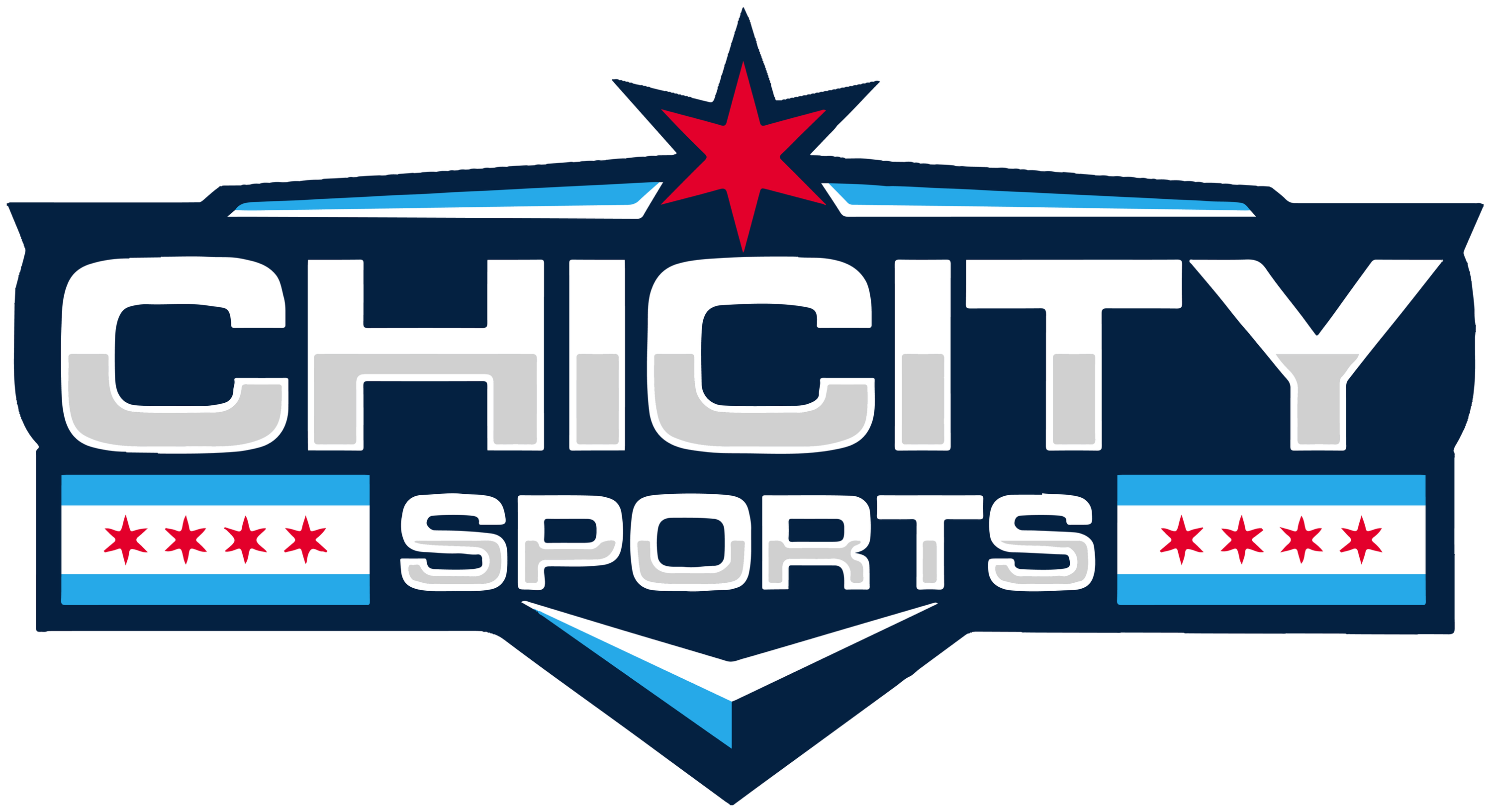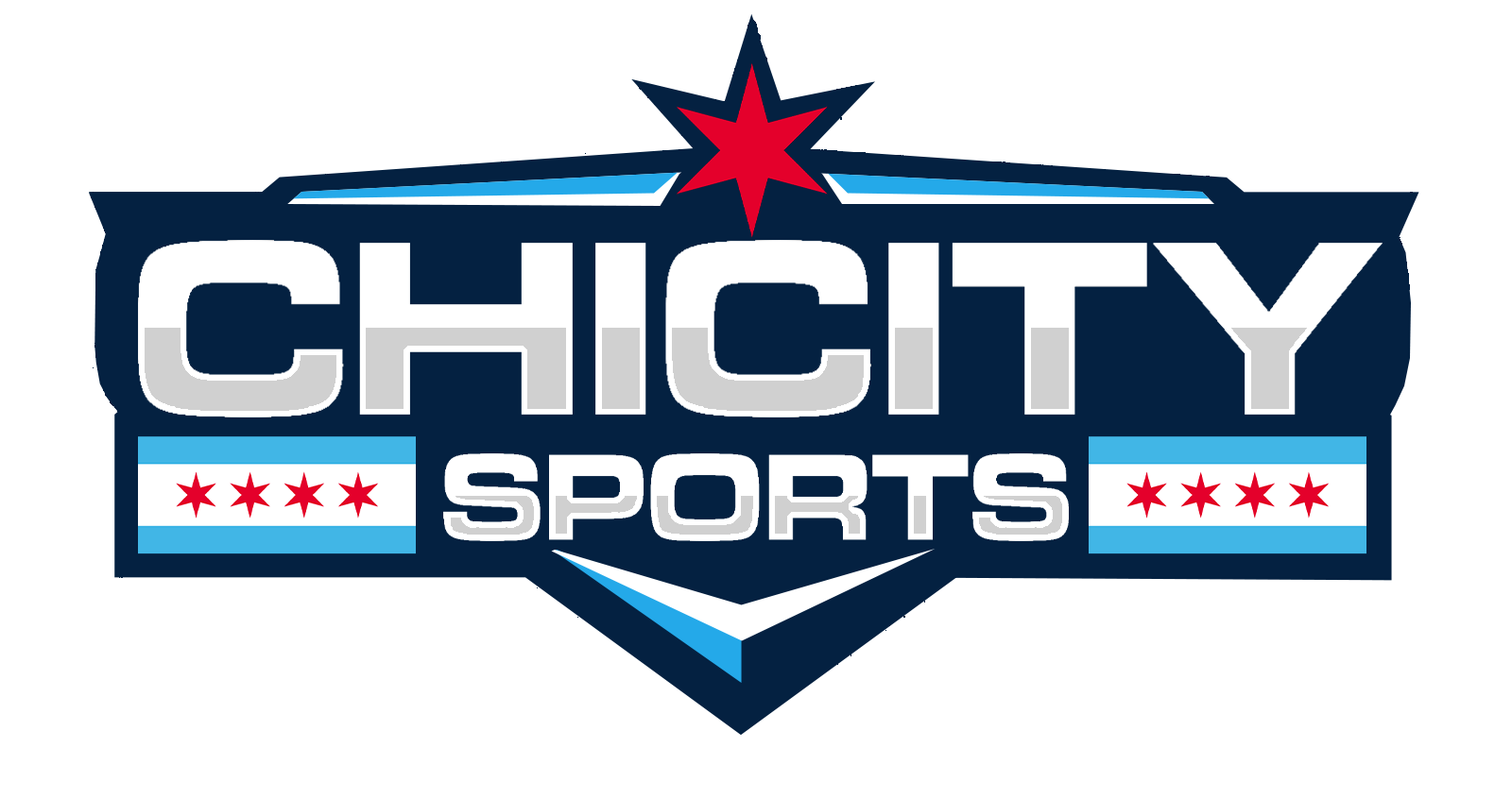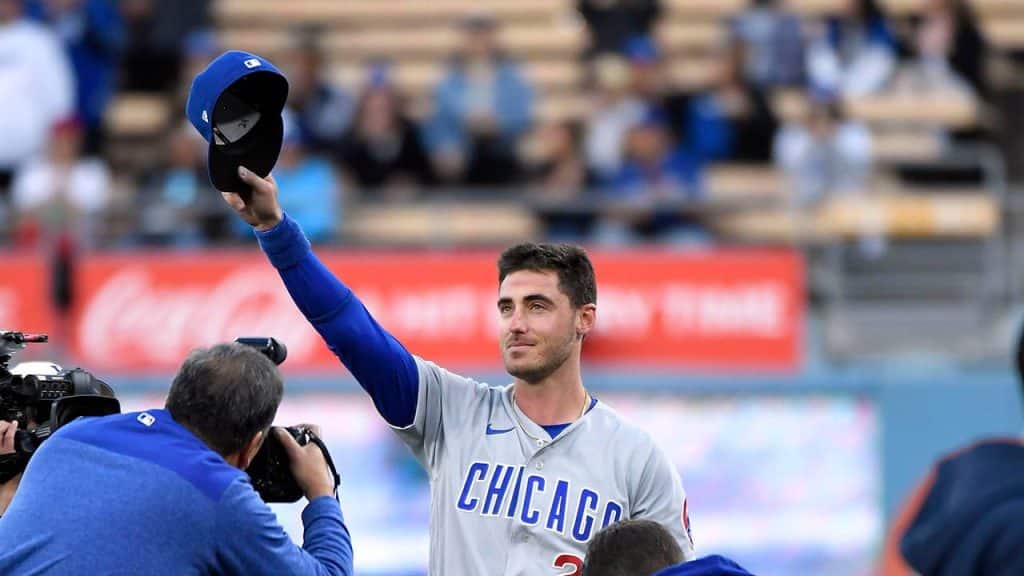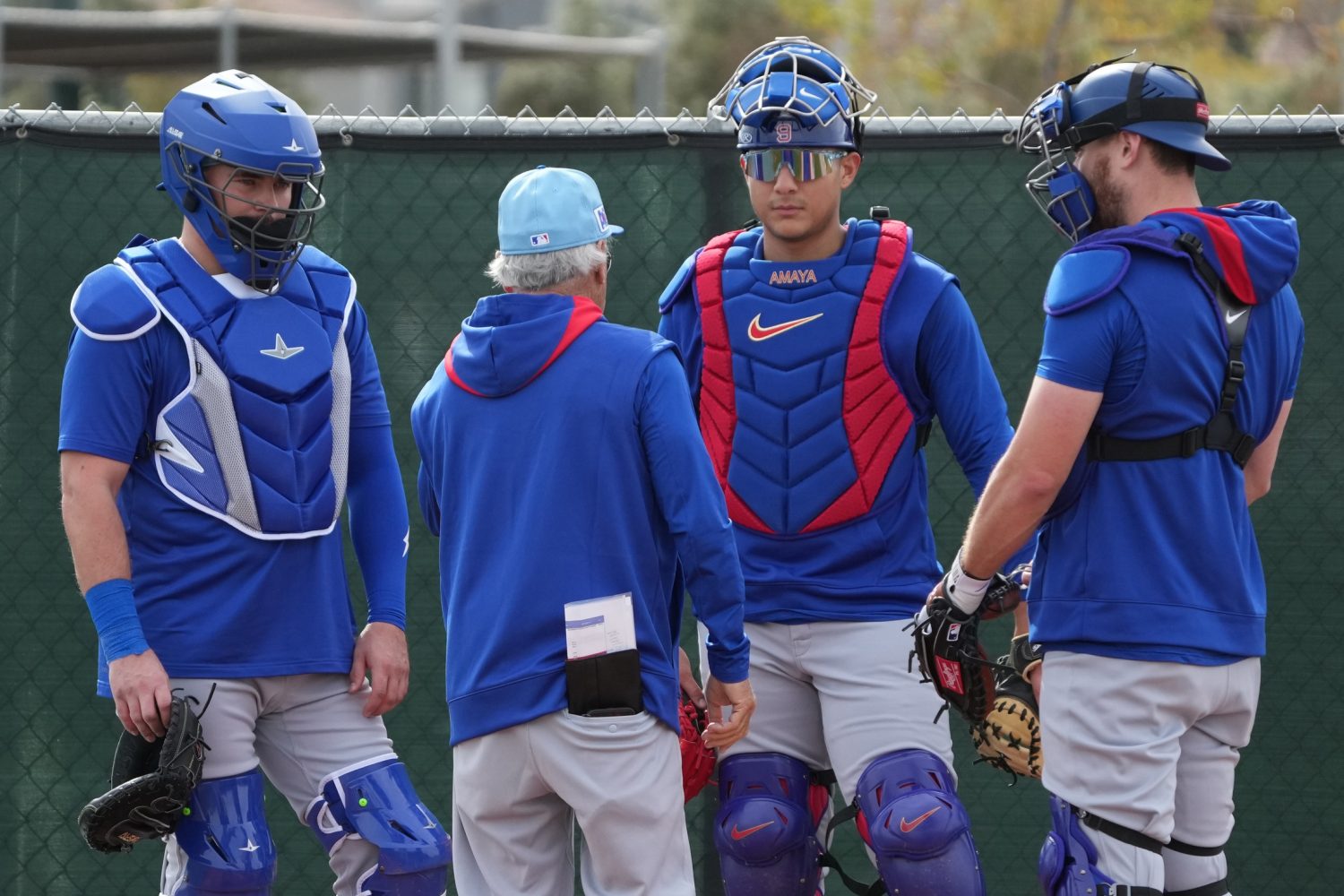Chicago Cubs fans were on a bit of a roller coaster ride in the middle of December.
On the 13th, the team traded for Houston Astros multi-tool all-star right fielder Kyle Tucker, adding a much-needed elite-level impact player to the roster.
Fans were ecstatic.
On the 17th, however, the Cubs traded Cody Bellinger to the New York Yankees for fringe major league pitcher Cody Poteet.
Fans were NOT ecstatic.
And while confused, angry, and frustrated Cubs faithful voiced their laments online and on talk radio, there was hope that the move was made as part of some larger plan– a plan to shift the $25 million saved on Bellinger (the Cubs ate $2.5 million per this year and next year in the deal) towards other major league needs.
Was It Or Was It Not A Simple Salary Dump?
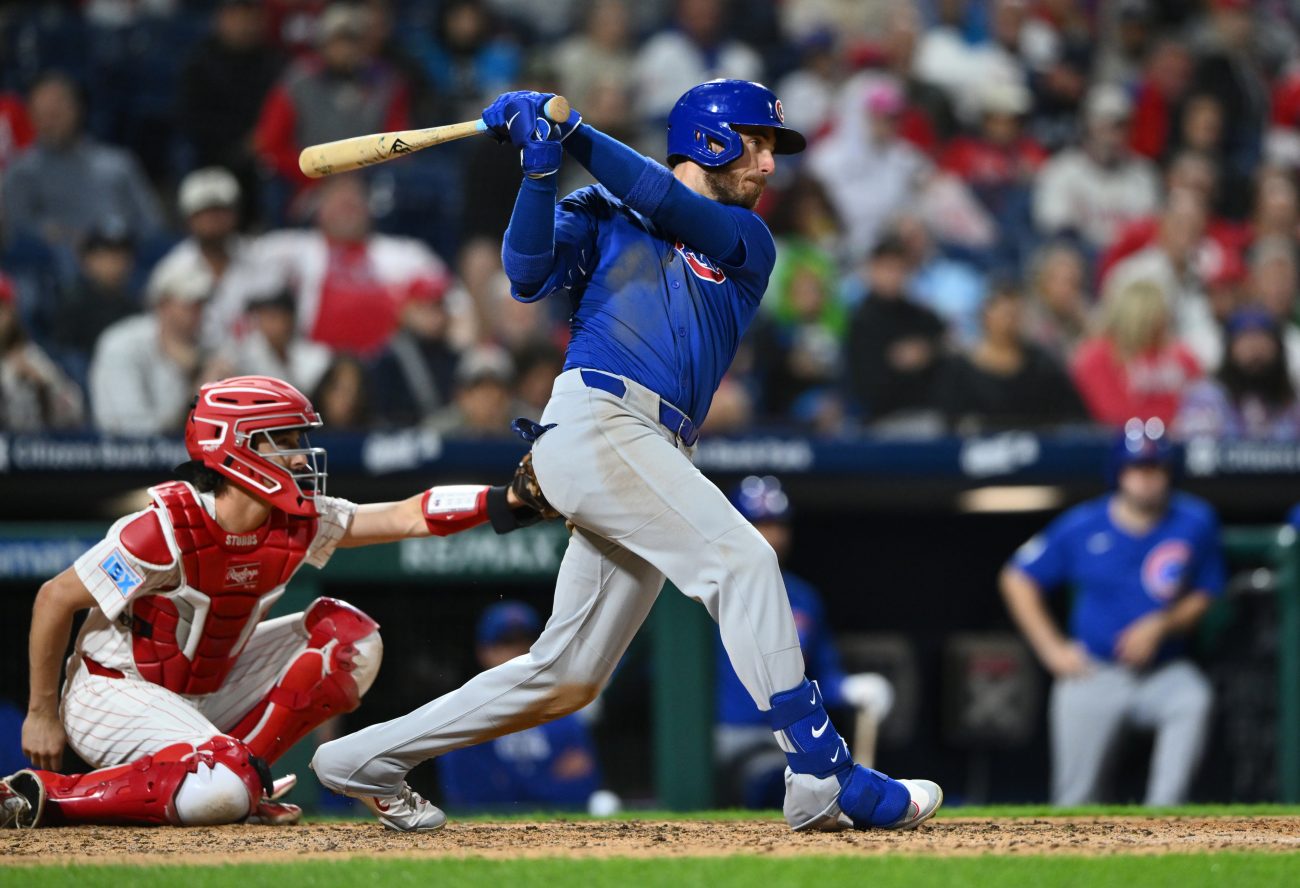
But here we are, spring training already under way, and that Bellinger money still sits in the Cubs’ coffer. As reports surface, the swings and misses on free agents Tanner Scott and Alex Bregam now look more and more like check-swing called third strikes. And, according to Cubs president of baseball operations Jed Hoyer, the Cubs are now done with any big spending for the foreseeable future, despite having reportedly close to $30 million in the budget before the luxury tax threshold. The Bregman play, according to Hoyer, was a brief deviation from the general plan established by the owning Ricketts family.
“I think obviously we have a little bit of money for some small in-season things, but this obviously was a significant exception to be able to pursue this,” Hoyer told Marquee Sports Network. “And I’m thankful that I was able to do that. I think it’s important to be able to be opportunistic and we tried to do that.
“We’ll always look, but I think right now, the big blocks — so to speak — and the medium blocks are sort of on this team.”
So, now, the question sits heavy in the guts of Cubs fans– was the Bellinger trade just a plain and simple salary dump?
Money Was The Only Concern?
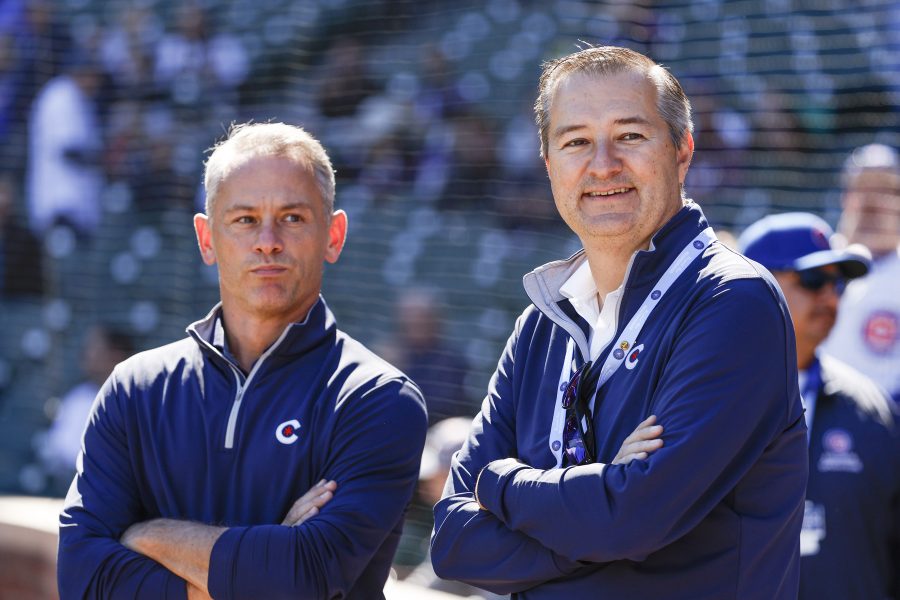
Jake Misener of Cubbies Crib, among many others, believes so.
Per Misener:
“After pulling off the blockbuster trade for Kyle Tucker, Jed Hoyer and the Chicago Cubs sent Cody Bellinger to the New York Yankees and wound up having to eat minimal dollars – but got a fringe big-leaguer in return. Fine – the goal was clearing payroll; giving the front office more dollars to utilize this offseason.
Well, it turns out that’s about half true. The goal was clearing payroll…
Bellinger will make $27.5 million in 2025 – and the Cubs are on the hook for just $2.5 million of that salary. The team’s biggest financial commitment since the move came in the form of right-hander Ryan Pressly, who came over from Houston via trade and will earn $14.5 million this year. Except the Astros also sent $5.5 million to Chicago in the deal, leaving Hoyer and the club picking up just $9 million in additional payroll.
Other than that, it’s been fringe additions. That’s not to say guys like Ryan Brasier or Jon Berti won’t make an impact, because they could – but that’s not what fans had in mind when the Cubs traded Bellinger to the Bronx.”
Rich Eberwein, also of Cubbies Crib, echoed Misener’s sentiments, giving the Bellinger trade a D+ letter grade in retrospect.
Per Eberwein:
“It’s the kind of move that makes it frustrating to be a Cubs fan because it proved the team is completely willing to part with one of its best players to stay comfortably below the competitive balance tax threshold.”
Questions To Be Asked Of Chicago Cubs Ownership
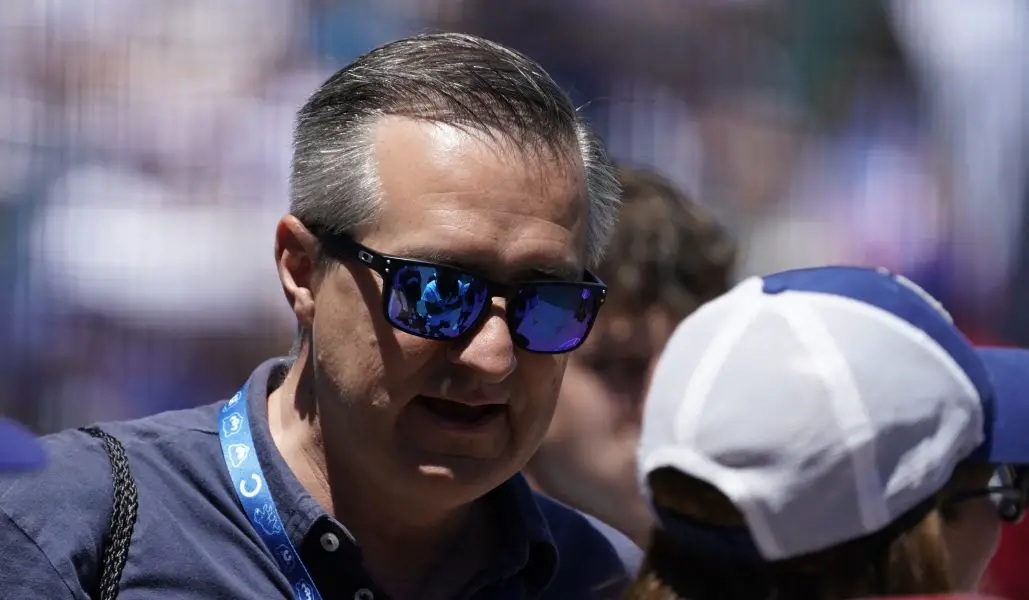
The optimists among us may look at things another way, though. They may say that ditching Bellinger’s salary opened the door to add needed talent to plug specific roster holes. With that $25 million, the Cubs added Pressly, Brasier, Berti, and Justin Turner, as well as Poteet, who was directly acquired in the Bellinger trade. All of this, with about $4 million still in reserve.
The question is, what if they had kept Bellinger? Would they have gone out and acquired the other pieces they needed, like Pressly, or would they have stayed put with what they had in-house for fear of crossing their self-drawn budget line? If the answer is the latter, you really have to question just how devoted to winning ownership actually is.
The temptation will be to say that Bellinger would’ve been a man without a position had he staying in Chicago, with Pete Crow-Armstrong and Kyle Tucker slated for center field and right field, respectively, and Michael Busch at first. But for a team supposedly focused on making a deep playoff run, an established presence like Bellinger should have first dibs at a starting spot over sophomores like Crow-Armstrong or Busch.
At the end of the day, it looks like this Bellinger trade was all about the money and, possibly, about buying a budget-handcuffed Hoyer a little room with which to add talent the team needed to be at least reasonably competitive.
For More Great Chicago Sports Content
Get the latest Chicago sports news, analysis, and breaking stories on the Bears, Bulls, Blackhawks, Cubs, White Sox, Sky, and more! Tap the star to add us to your favorites on Google News, so you never miss a story on your favorite Chicago teams.
Follow us on Twitter at @chicitysports23 for more great content. We appreciate you taking time to read our articles. To interact more with our community and keep up to date on the latest in Chicago sports news, JOIN OUR FREE FACEBOOK GROUP by CLICKING HERE
